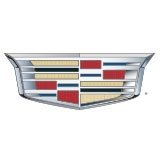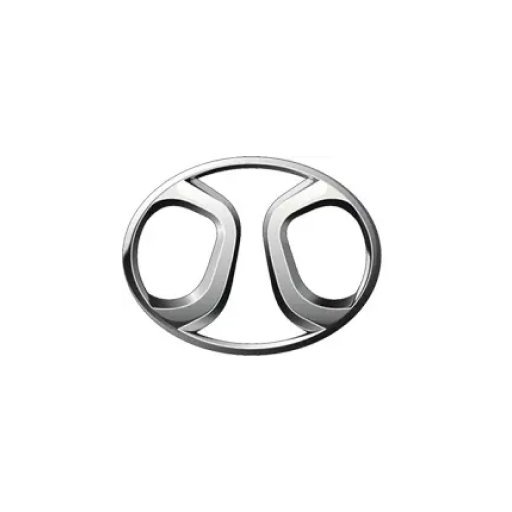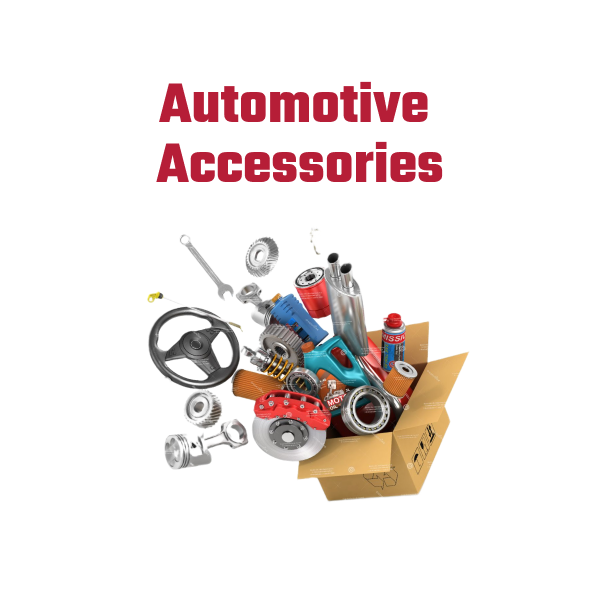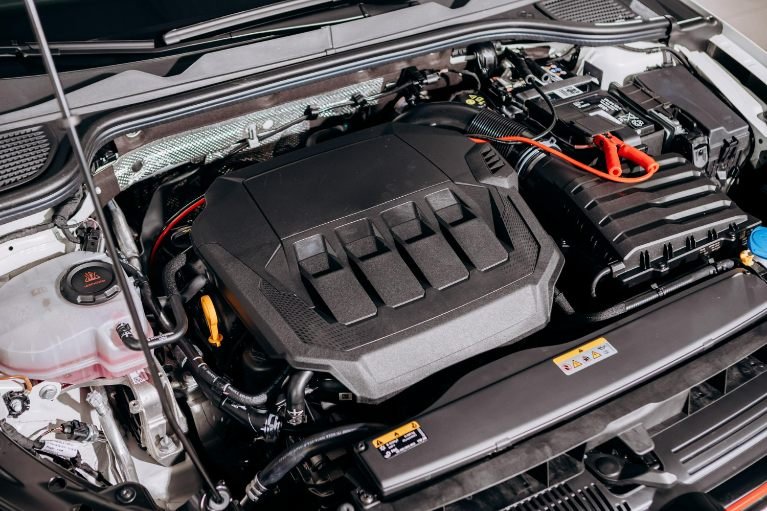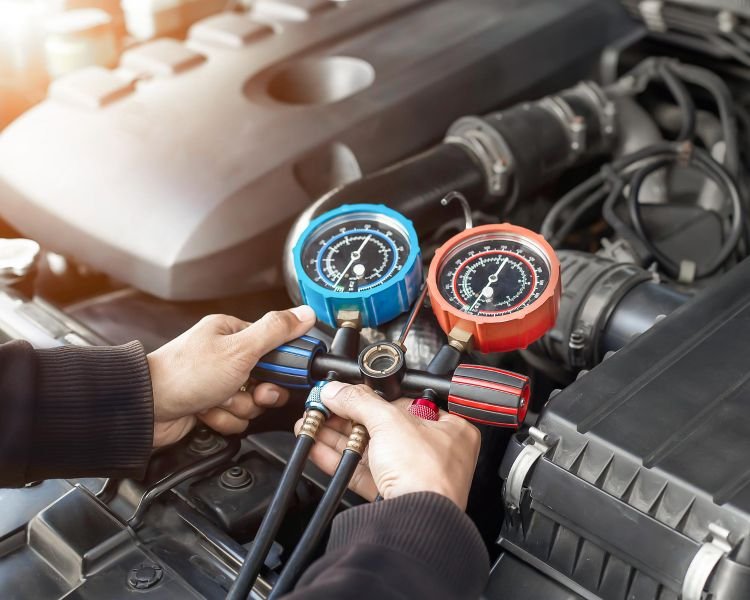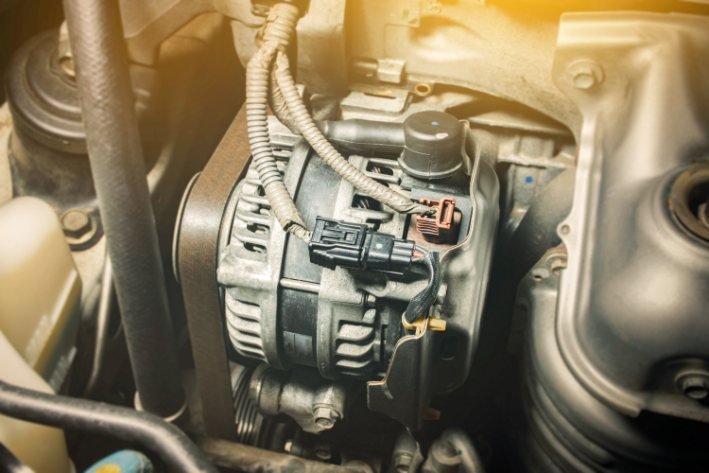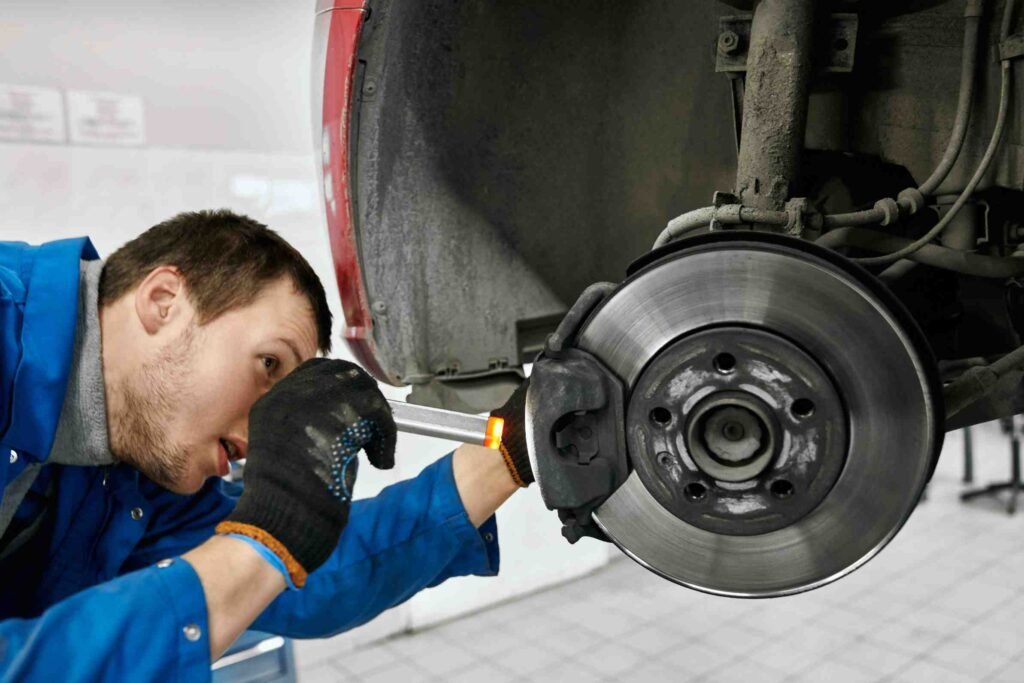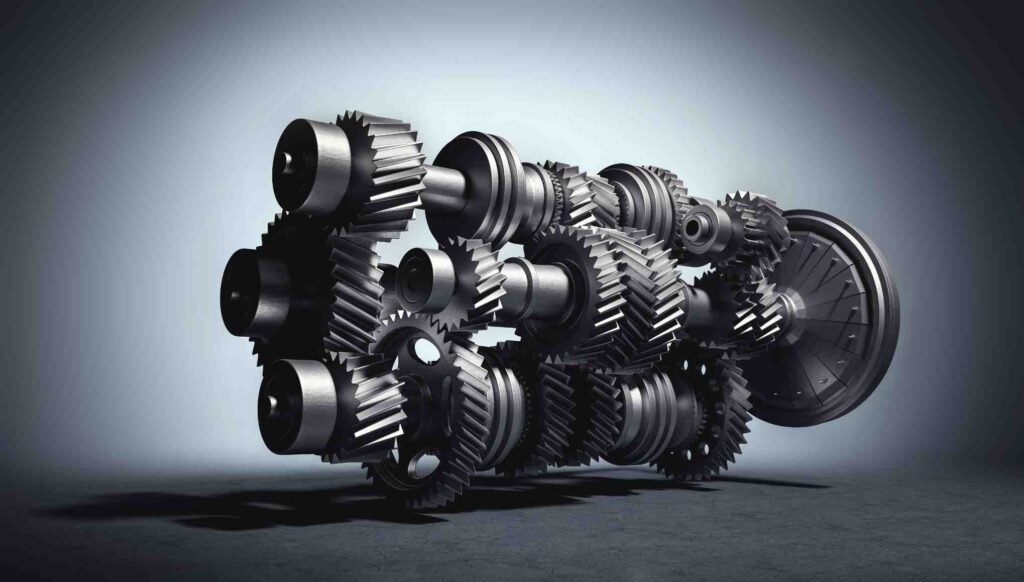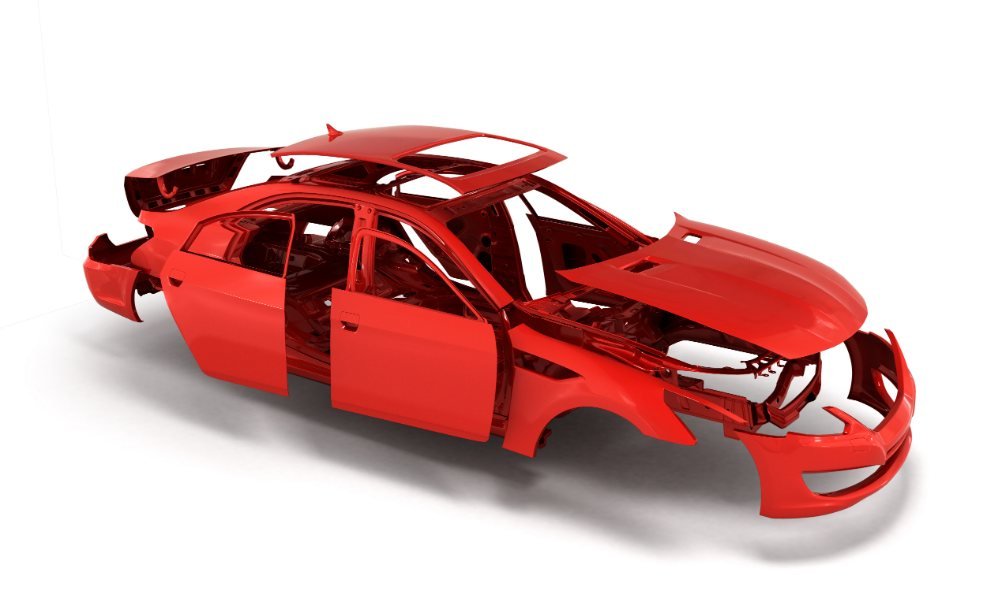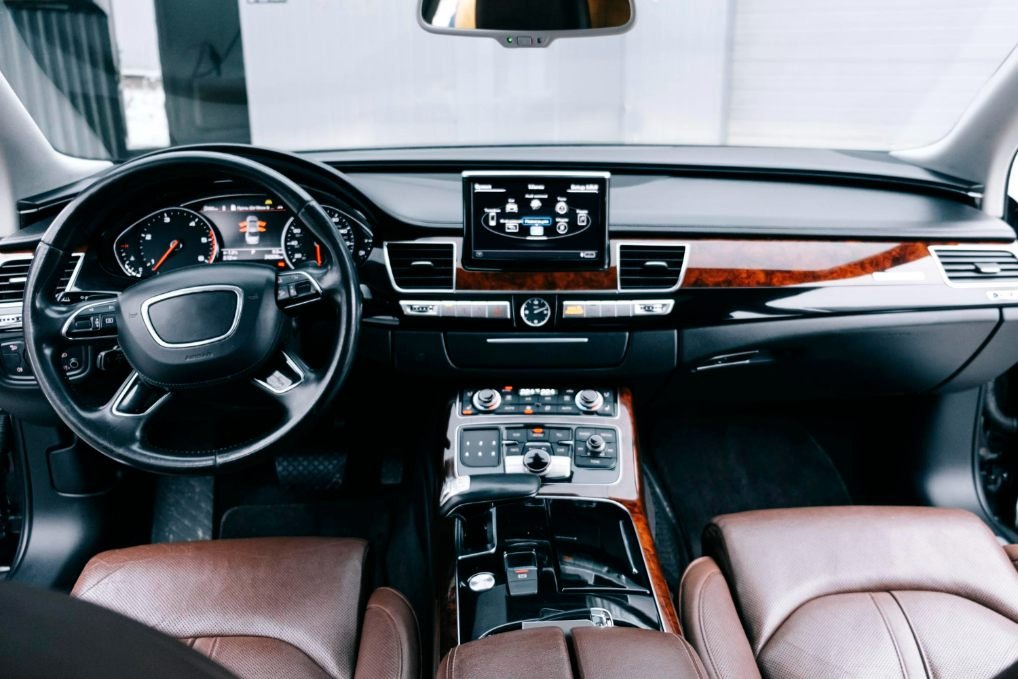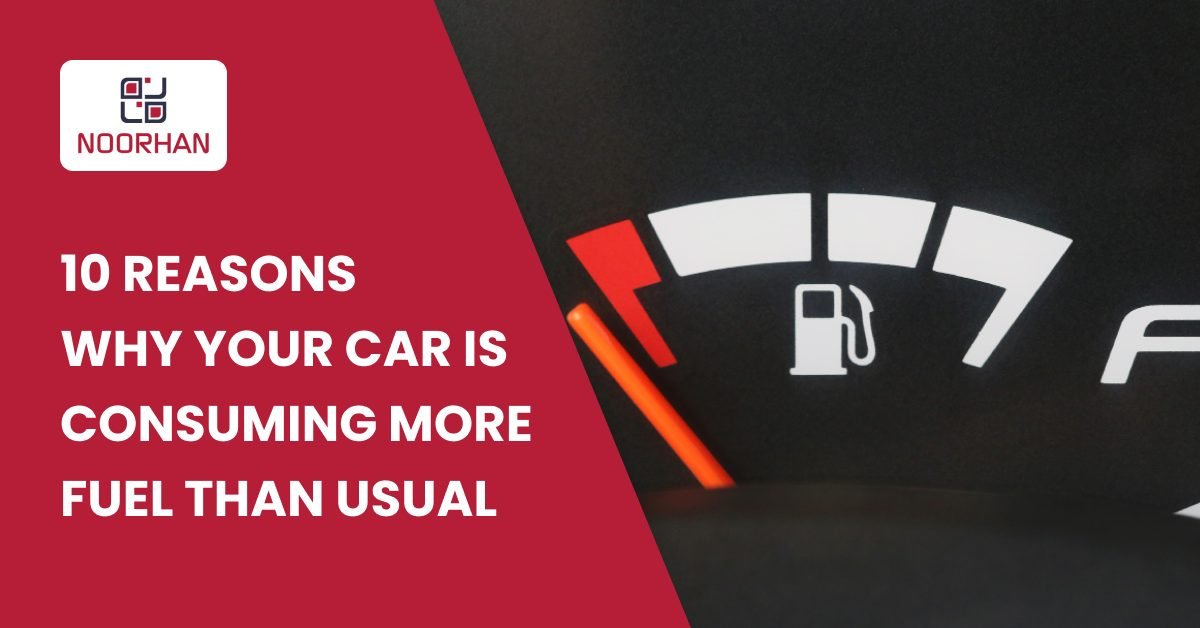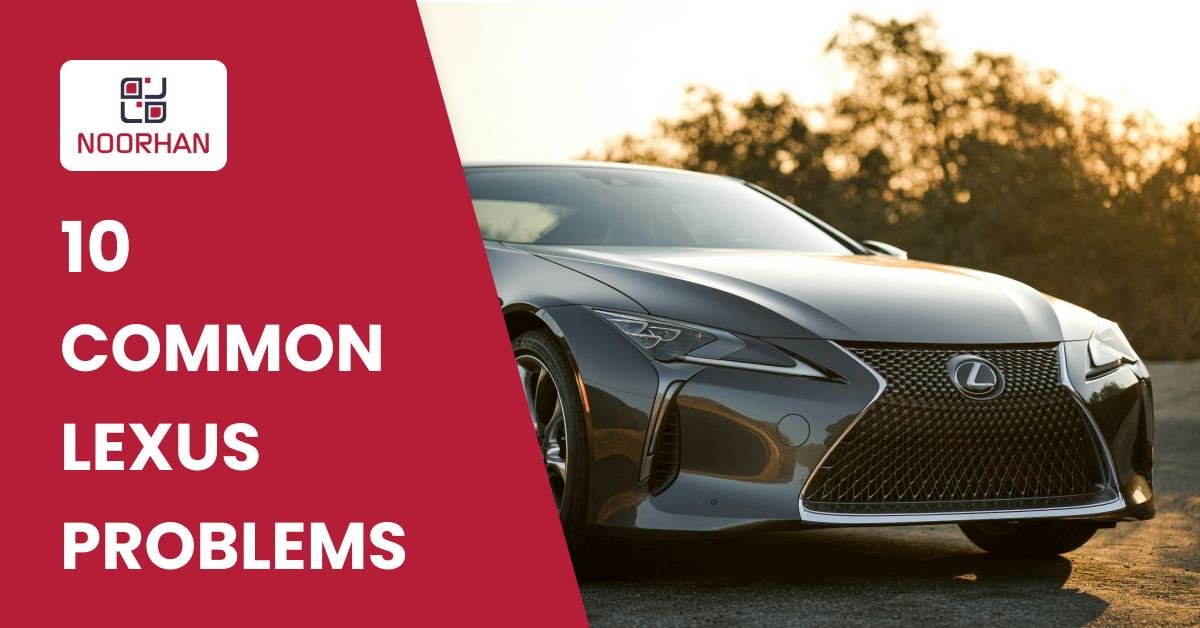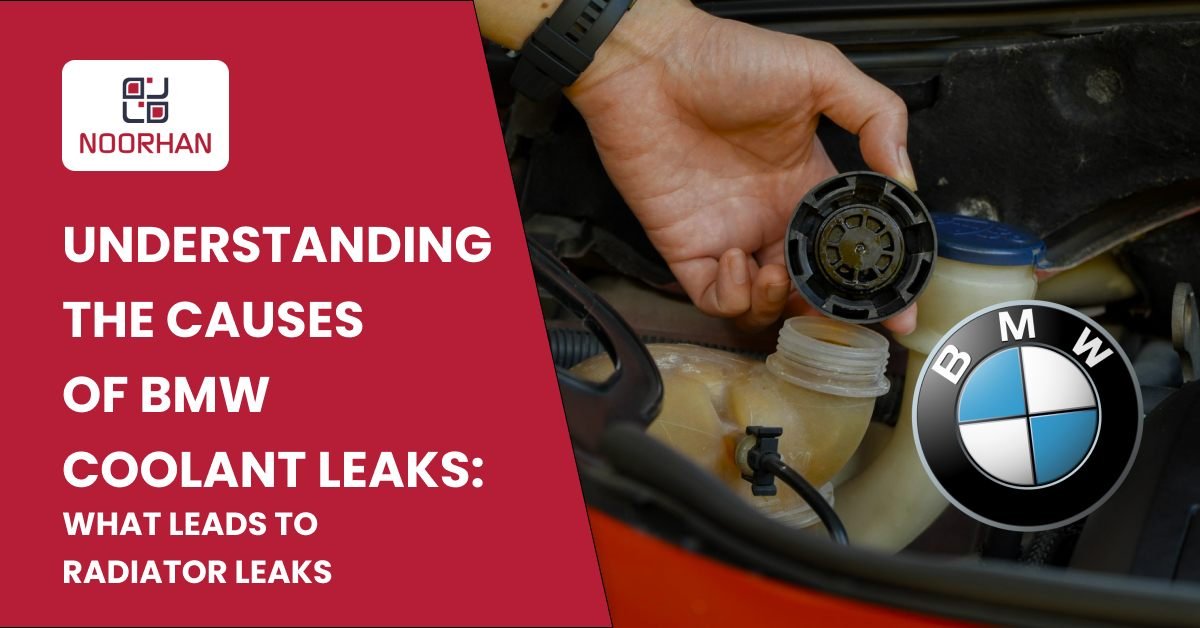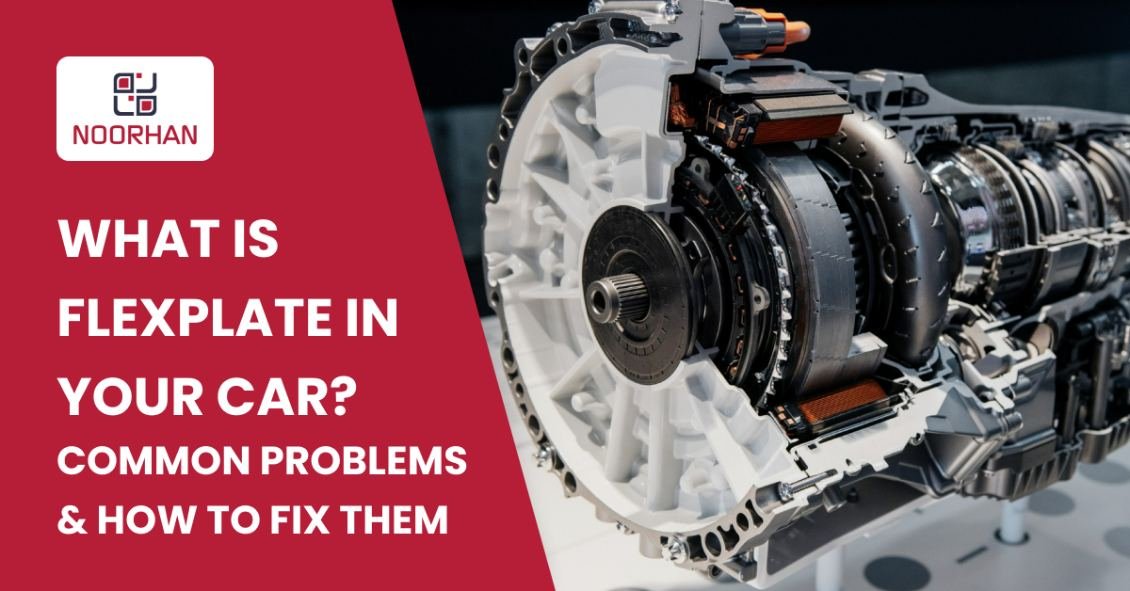-
1. 10 Factors That Increase Fuel Consumption1. 10 Factors That Increase Fuel Consumption
-
2. Bad Driving Habits That Lead to Fuel Enefficiency2. Bad Driving Habits That Lead to Fuel Enefficiency
-
3. Car Servicing3. Car Servicing
Maintaining a car is an expensive business. Between insurance payments and maintenance fees, none of us want to shell out a large portion of our salary on filling up gas.
But, if you notice that the trips to the gas station have increased all of a sudden, there’s something you must be doing wrong. You might have developed a few bad driving habits costing you so much money.
No matter how fuel-efficient your car is, some factors contribute to fuel consumption like nothing else.
10 Factors That Increase Fuel Consumption
1. Worn Out Tires
Your car may need extra fuel to begin moving if your tires are underinflated. Make sure to inspect the condition of your tires before operating your car. For such, a tire pressure gauge can be useful.
Now is the moment to fill up that tire if you discover it is underinflated. Make sure your tires are inflated to the proper PSI because under or over-inflated tires can negatively affect your fuel economy.
2. Spark Plug Issues
Fuel usage can also be attributed to worn-out or defective spark plugs. To ignite the air-fuel mixture in the engine cylinders, spark plugs are used. Fuel efficiency drops when they are not operating at optimal efficiency because of a less efficient combustion process. It is advised that you change your spark plugs as per the manufacturer’s instructions or if you experience rough idling, a decrease in acceleration, or misfiring. Maintaining the condition of your spark plugs might lead to increased fuel efficiency.
3. Excessive Idling
Do you frequently keep your car’s engine running when you’re waiting or parked? Your fuel tank can empty quickly if you idle too much. Your car uses fuel even when it is not moving—this is known as idling. If you anticipate being idle for longer than a minute, it’s advisable to turn off your engine, whether you’re taking a call or waiting in a drive-thru line. Over time, these small habit changes might result in large fuel savings.
4. Weight in the Vehicle
It is a scientific fact that a heavier vehicle requires an engine to work harder to move it.
As a result, it’s a good idea to search places like your trunk and see what weighty goods you can part with. Not only will your car be cleaned, but its fuel efficiency should also increase due to the decreased weight.
Spare tires and other necessities are weighty enough; you don’t want to be packing unnecessary items on top of that.
5. Incorrect Wheel Alignment
If your steering wheel has been crooked for a time, it’s likely causing you to pay more at the gas pump for improper wheel alignment. Your tires may drag or pull as a result of improper wheel alignment, which will increase fuel consumption. Your car may encounter resistance when attempting to proceed in a straight path if your wheels are misaligned. The engine has to work harder to overcome this resistance, which increases fuel consumption. Fortunately, any nearby Auto Care shop can do a quick and easy wheel realignment.
Make sure your wheels are aligned regularly, and get them adjusted if needed. Fuel economy can be increased and rolling resistance can be decreased with proper alignment.
- Bad fuel quality
Always use caution when it comes to what you put into your engine. The efficiency and lifespan of your engine can both be significantly impacted by low-quality fuel. Fuel stations sell a variety of additives that improve your car’s performance when you use the same fuel. But once more, exercise caution while choosing any vehicle additive. In the end, an incorrect or redundant addition may end up costing you far more than the fuel itself! A high-quality fuel additive minimizes the build-up of after-burn deposits by cleaning the diesel engine’s injector nozzles and the gasoline engine’s intake valves. This can simply prevent a vehicle from having poor fuel efficiency.
7. Faulty Oxygen Sensor
All modern cars made after around 1996 employ oxygen sensors in place of carburetors, which are used in many older vehicles to guarantee that the engine gets the right amount of fuel to air for combustion. An O2 sensor detects the richness or leanness of the exhaust gasses leaving your engine and relays this information to the car’s computer, which modifies the engine’s fuel delivery.
According to Edmunds, an unclean oxygen sensor could result in inaccurate readings that force your engine to use too much fuel, cutting efficiency by as much as 40%. One of the most frequent reasons for a check engine light is a malfunctioning oxygen sensor, which should be inspected and even replaced before the vehicle reaches 100,000 miles.
8. Transmission Issues
Another factor that contributes to higher fuel usage is a badly maintained or broken transmission. Power is transferred from the engine to the wheels via the transmission. Higher fuel consumption and poor power delivery may result from its malfunction. Frequent transmission maintenance can help avoid fuel inefficiency brought on by transmission problems. This maintenance includes fluid checks and changes.
9. Inefficient Cooling System
If you’ve noticed your car guzzling more gas lately, one reason could be that AC of yours. That cool breeze in your car doesn’t come free—it’s your engine doing all the heavy lifting. So, when you’re blasting the AC, your engine has to work extra hard, burning up more fuel in the process. Maybe try rocking the open windows until things cool down a bit. However, you must also know that wind resistance kicks in when you’re cruising with the windows down and speeding up. So, if you’re on a highway tear, AC might not be that much worse on your gas mileage after all.
10. Dirty Air Filter
A clogged or dirty air filter may slightly increase fuel consumption. The oxygen sensors are used to make sure that the air/fuel mixture is balanced. Over time, the air filters may get blocked. If lint and other dirt particles are clogging your air filter, it will be harder for air to enter the combustion chamber.
More gasoline will be burnt as a result of the extra effort needed for the engine to run. In this case, a simple unclogging service will take care of the problem.
Bad Driving Habits That Lead to Fuel Inefficiency
Apart from the previously mentioned factors, specific driving practices may also lead to increased fuel usage. It’s critical to recognize these tendencies and consciously work to break them. These are a few typical offenders:
- Severe braking and acceleration: Severe braking and acceleration can waste fuel. Driving smoothly, accelerating gradually, and braking gently results in greater fuel efficiency.
- Speeding: Increasing your speed causes more wind resistance, which makes your engine work harder and use more fuel. Keeping your speed reasonable can help you use less gasoline.
- Open windows: Maintaining open windows when driving at high speeds might interfere with your car’s aerodynamics, creating drag and reducing fuel economy. Instead, think about turning on the air conditioner.
- Overusing the air conditioner: Although keeping cool is important, using the air conditioner nonstop will strain your engine and use more gasoline. Use it sparingly to save gasoline.
- Lugging a cargo box or roof rack: Cargo boxes and roof racks increase wind resistance, which increases fuel consumption. To increase aerodynamics, remove them if not necessary.
You may improve your car’s fuel efficiency and lower your gasoline expenses by consciously trying to quit these poor driving behaviors.
Now that you’re aware of the ten common reasons why your car is consuming more fuel than usual, it’s time to take action. Regular maintenance, mindful driving habits, and addressing any issues promptly can help you maximize fuel efficiency and save money in the long run. Remember, small changes can make a big difference when it comes to fuel consumption. Get started today and enjoy the benefits of a more fuel-efficient car.
Car Servicing
Routing and regular car checkups will help your engine run smoother while increasing the fuel efficiency of your car. The parts of an engine cooperate closely. Poor maintenance will cause sludge and corrosion to accumulate between the components, which will hinder the engine’s ability to operate properly. Engine oils are essential for the same reason. Picking the right oil and changing it frequently is important to conserve fuel. If you feel like your engine is guzzling up more fuel, your car may overdue an oil change. Dirty or faulty spark plugs, air filters, fuel injectors, and oxygen sensors will impact the amount of fuel your car uses.
Some modern cars are equipped with sensors that will keep you informed on your car’s fuel consumption pattern. It will tell you how much diesel or petrol your car is using. If your car does not have these sensors, then you can track the fuel consumption manually.





















